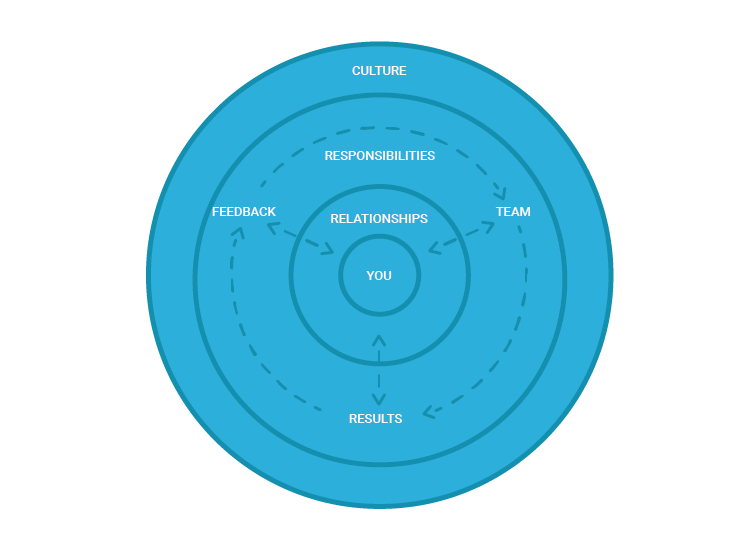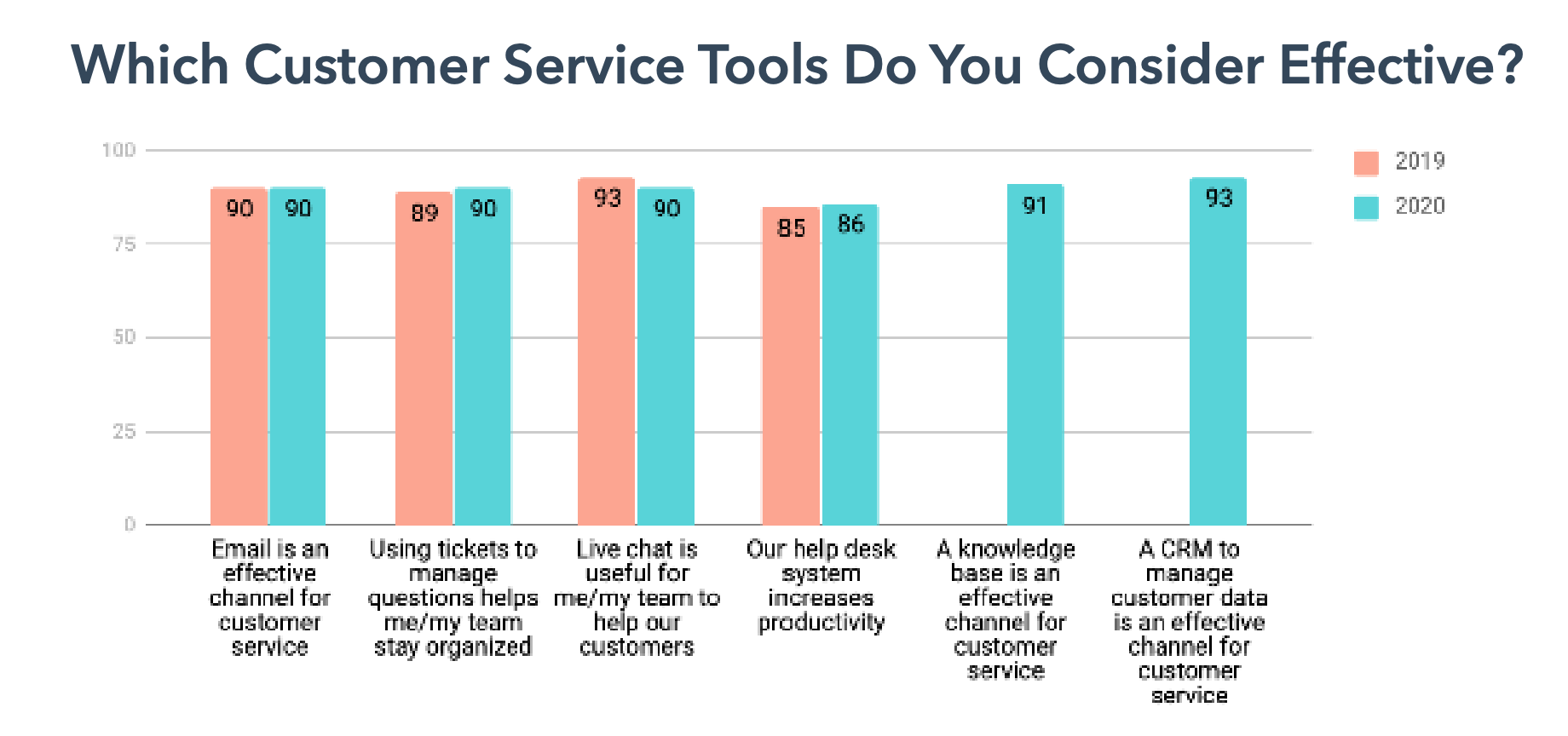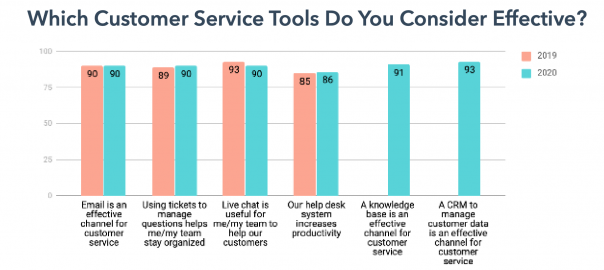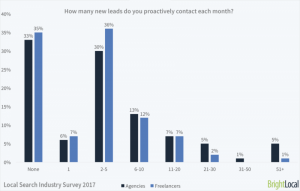For the first time ever last year, employee engagement rose at the same time well-being dropped. (Say it with me: unprecedented.)
In a typical year, the more engaged your employees are, the happier they are and the more overall well-being trends up. But in a year like no other, a different trend emerged.
Those who were fortunate enough to keep jobs buried themselves in work to avoid facing the harsh realities outside our homes. And to find a semblance of security. If we work harder and invest in our roles, we’re more likely to keep them. But that didn’t make us happier. And while some of us were able to find solace and escape in our roles, it fueled another problem: employee burnout.
In 2020, the risk of employee burnout rose by 33%.
Not only that but 50% of workers flagged burnout as an issue since switching to fully remote work. They feel like they have to be available after hours, work later, log on earlier, and are taking less PTO. It’s a year later, but burnout rages on in companies who’ve failed to address these present, but manageable, issues.
Now, a new challenge looms: maintaining employee retention. With burnout hovering, it’s only a matter of time before more of your agents head for the door.
Voluntary turnover simmered down in April of 2020 when we flipped on self-preservation mode. But in August, employees started to feel comfortable seeking new jobs again. And this year, some leaders predict a record number of employees fleeing jobs. You’ve battled with contact center turnover for decades. It has the potential to get much worse if you don’t stop it. Let’s address it before that happens. Here’s how.
4 Tips to Improve Employee Retention in a World Riddled With Burnout
1. Set the right expectations – starting with recruiting and onboarding
Clear expectations are the most fundamental and basic employee need, according to Gallup. And when you don’t meet employee needs, they burn out, then leave.
Set upfront expectations with every new hire you add to your team, starting with onboarding. Map out clear team goals and KPIs from the start. Explain what type of training agents can expect and how frequently you’ll coach them after onboarding. Give agents a tour of the tools and technology you use, so they don’t have to learn on the fly while helping customers. And, link your new hires up with tenured agents, so they can lean on a peer if they have immediate questions or concerns.
Set expectations about more than just performance. Fill agents in on:
- Hours they’ll work
- Required shifts
- Blackout dates
- Overtime
- PTO & sick days
- Flexible & remote work policies
- Company culture
- Team meetings
- 1:1s
- Company events and culture
Don’t just teach agents about their individual roles and the contact center, but align them to your company’s mission, vision, and goals, too. This is where you pour the concrete foundation that connects your agents to purpose. When people feel like they’re contributing to something bigger than themselves, they feel valued, invest in their work, and stick around.
2. Foster psychological safety for better employee retention
Have you ever said the wrong thing at the wrong time? I certainly have, and I know plenty of others who have, too. And what about making mistakes at work. Have you ever slipped up on the job? What happened when you did? For many agents, one missed step costs them their job. One wrong reaction on the phone with a customer means a pink slip and no severance. That kind of fear puts your agents on edge with every conversation. No one can sustain that kind of pressure.
To shield your agents from burnout and keep employee retention high, create a safe and inclusive environment at work. Make sure agents know some mistakes (don’t shout at the customer, okay?) are perfectly fine. In fact, they help you learn. Encourage your agents to ask questions, share their difference of opinion, and handle situations in the way they’re most comfortable.
“To retain talent, most organizations offer the typical things: free coffee and tea in the break room, competitive benefits, generous raises and bonuses, and employee recognition programs. But none of that works for an employee who doesn’t feel comfortable in his or her work environment.”
– Karen Brown for HBR
There’s more you can do to help your agents feel safe and comfortable at work, too.
Encourage team camaraderie and put Kim Scott’s famous Radical Candor method to work in your contact center. The three main points of radical candor are to: create a culture of feedback, help the people on your team achieve their fullest potential, and drive results collaboratively.

Humility and vulnerability from leaders like you help your agents feel safe at work and build trust. When you have that trust, you sit in your agent’s inner circle. They fill you in – even on the hard topics, like when they feel drained and on the brink of burnout.
You also create a safe space to ask important questions on topics like job satisfaction, learning and development, and your agents’ happiness with their overall compensation and benefits. All of these are important hallmarks for employee retention.
3. Invest in your team
In exit interviews, some 40% of employees say a lack of career growth and development are the worst aspects of their job. In fact, researchers say it’s often the lever that catapults team members out the door. (So long, coveted employee retention rates).
To manage problematic attrition and improve employee engagement, weave conversations about growth and career paths into your performance management plan. Gallup found companies who strategically invest in employees are twice as likely to retain employees. Plus, they see 11% greater profitability.
In 1:1s with agents, make sure you or your supervisors step beyond KPIs and performance data to ask aspirational questions, too. Address KPIs and how agents live up to the standards you set together. And, give them actionable feedback to improve. Then, once you’ve covered how they’re doing day-to-day, contemplate the long-term. Where do your agents see themselves in the next year? What about the next five years? Learn what drives your agents and what they aspire to do. Then, work with them 1:1 to map out development plans to get them there.
Agents who feel supported are more confident and capable. Higher confidence leads to more autonomy and lower burnout. If you show your agents you care about their growth, they’ll invest more in their work. Not to mention, knowledgeable and empowered agents are the key to pleasing customers on the other end of the line.
4. Give your agents the resources they need to succeed
Using 6 different platforms to handle a single interaction might work to support your customers, but it’s a huge drain on your agents. As agents fumble through software, their focus gets pulled away from your customers’ needs. They instead get sucked into complicated processes, increasing their stress levels and reducing service quality. Technology should help and support your people and operations, not drive a wedge between agents and customers.
The overwhelmed employee is a real trend – one that’s fueling burnout in every industry. Give your agents the tools and resources they need to work more autonomously. Create processes and invest in technology to eliminate easy tasks from your agents’ plates.
Tools to fight burnout and improve employee retention:
- Self-service portals
- Internal knowledge bases
- Daily coaching
- Micro-learning lessons
- Automation
Hubspot’s 2020 State of Customer Service report echoed this list. They surveyed customer service leaders (like you) and agents to see what tools are the most effective.

Turns out, digital tools to help manage workflows, share information, and communicate easier continue to win the prize.
Use the Pareto Principle, also known as the 80/20 rule, to justify investments in an easier workload for your agents. The Pareto Principle says 20% of a person’s tasks represent 80% of their results. While it might feel like urging your agents to handle more interactions or surf through systems is a good use of their time, the rule proves otherwise.
It highlights the idea that automation is your friend. Taking menial tasks off your agents’ plates lets them handle harder conversations with a clear head and more intention. If agents spend 20% of their time handling complex customer conversations with poise rather than rushed frustration, you’ll earn loyalty (from agents and customers).
Business & Finance Articles on Business 2 Community
(52)
Report Post







